If You Lose Interest in Leaving Your House as You Get Older, There Are 30 Reasons Why
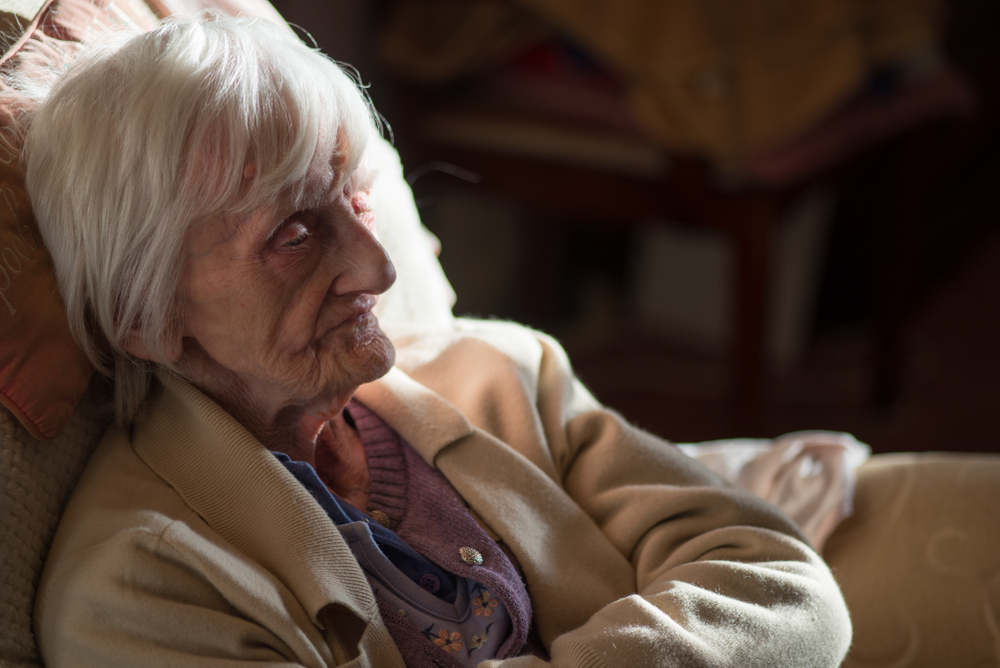
There was a time when “Friday night” meant something electric plans buzzing, outfits chosen, reservations made. Now? Friday feels like the perfect excuse to cancel. The couch calls louder than the city lights ever could. But is that a sign of giving up or waking up?
Here’s a curious truth: nearly 2 million older adults in the U.S. rarely or never leave their homes, according to the Journal of the American Geriatrics Society. But this quiet retreat isn’t always about loneliness or illness. Sometimes, it’s a deeper shift. A realization. That peace, comfort, and meaning aren’t found “out there” as often as we were taught they’re tucked right into the fabric of our own homes.
What if staying in is not about shrinking your world, but choosing it more deliberately?
The Allure of Comfort and Familiarity
As we age, the idea of “home” evolves from a place we sleep to a place where we exist most fully. It becomes our sanctuary not out of fear or fragility, but because we’ve crafted it to meet our needs, soothe our senses, and reflect who we are. The outside world may offer novelty, but home offers something deeper: control, comfort, and peace. What once felt mundane now feels like luxury. These reasons often go unnoticed, but they add up and suddenly, leaving the house becomes the less appealing option.
1. The Couch Becomes a Lifestyle
After years of hustle, commuting, and squeezing into booths at noisy restaurants, the couch isn’t just where you sit it’s where you breathe. It’s a front-row seat to your own life, molded to fit your body, complete with cozy blankets and remote control in hand.
2. Home Is Where the Snacks Are
Why brave the crowds for a snack when your own kitchen holds your favorites, perfectly stocked and ready? The appeal of takeout fades when your snack drawer is a curated masterpiece.
3. Pajamas Beat Pants Every Time
Buttons and belts lose their charm fast. Elastic waistbands and fuzzy socks? Always a win. At home, comfort isn’t optional it’s the default. And there’s no shame in choosing it every single time.
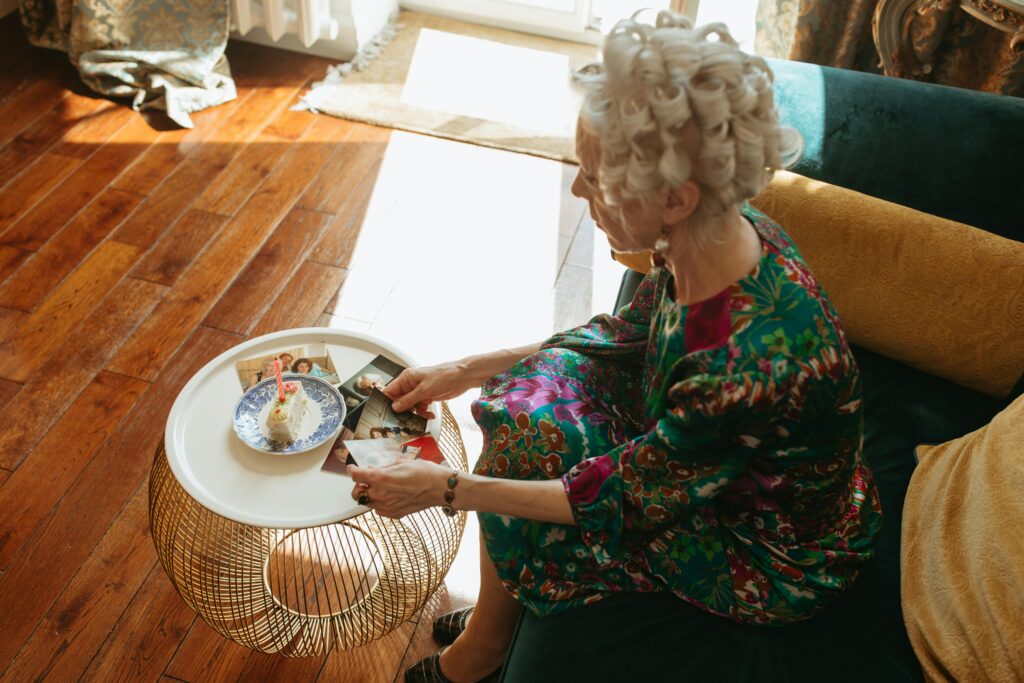
4. The Art of Doing Nothing Has Been Mastered
There’s a quiet dignity in doing nothing. Not out of laziness, but because rest becomes restorative. Whether it’s sipping tea, listening to the rain, or watching a plant grow stillness becomes sacred.
5. The Chair Has a Perfect Groove
It sounds simple, even silly, but that one chair? It’s shaped by time and comfort. It’s a small symbol of how home adjusts to you, when the outside world demands you adjust to it.
6. Their Home Reflects Their Personality
Every item has a story. Every room is designed for ease, not aesthetics. Over time, the home becomes a mirror showing not who you’re trying to be, but who you truly are.
7. Hosting at Home Is Just Better
No need to shout over music or wait for the check. At home, you set the vibe. Friends bring wine, you bring the playlist, and nobody’s rushing you out. The joy of connection stays intact, minus the chaos.
Physical, Mental, and Emotional Shifts
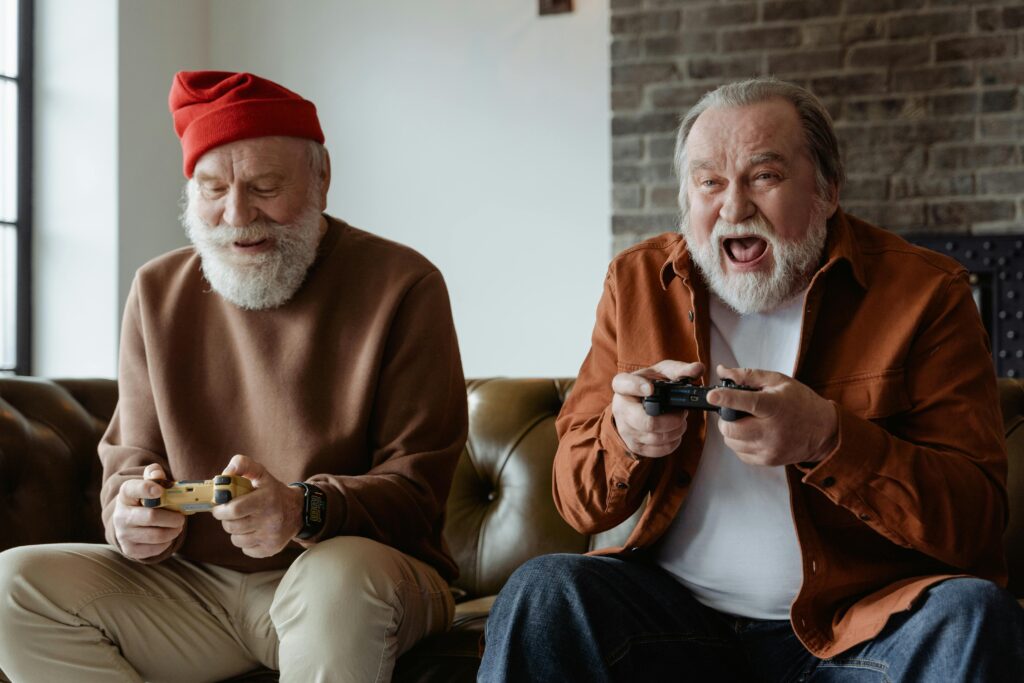
While the comfort of home is inviting, there are deeper currents beneath the surface changes within the body, the mind, and the heart. Aging brings physical challenges, emotional transitions, and subtle shifts in motivation. These aren’t signs of weakness they’re signals. Signals that the world outside may no longer align with how we feel inside. What once felt effortless now takes more energy, more preparation, and sometimes more courage. And often, the choice to stay in is not resistance it’s a wise response to what the body and spirit need.
1. Physical Limitations Make Going Out More Difficult
Joint pain, stiffness, fatigue, and balance issues can make the idea of stepping out feel like a physical obstacle course. According to the U.S. Census Bureau, 23.5% of people over 65 report ambulatory difficulties. When movement becomes painful, staying in becomes practical.
2. Mental Health Challenges (Anxiety & Depression)
Emotional shifts often accompany aging. Depression, anxiety, or general overwhelm can make the outside world feel overstimulating or even threatening. The World Health Organization reports that 1 in 5 adults over 60 experience some form of mental health concern yet most don’t receive treatment. Home becomes a safe place to retreat, to regroup, or just to breathe.
3. Loss of Close Friends and Family
As we age, we inevitably lose people we love through death, distance, or drifting apart. Without their presence, the motivation to socialize or venture out fades. Grief becomes a quiet companion, and sometimes solitude feels like the only space where it can be processed without performance.
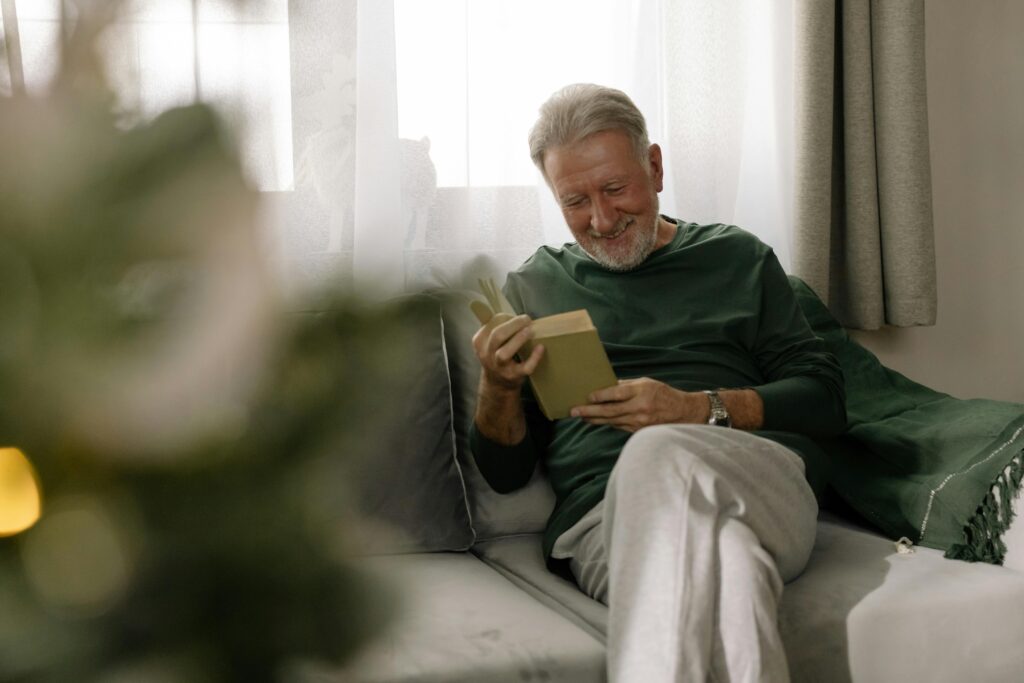
4. Social Anxiety or Self-Consciousness in Public
Simple tasks like grocery shopping or navigating crowds can become sources of stress. Senses dull, pace slows, and there’s the added pressure of keeping up with a world that moves faster than you do. The result? A growing preference for spaces where there’s no judgment, no rush, and no performance.
5. Fear of Medical Emergencies Away from Home
With chronic conditions like heart disease or respiratory problems, many older adults fear experiencing a health crisis in public. The inability to rest, lie down, or access immediate care in unfamiliar places makes home the preferred and sometimes only safe zone.
6. Decline in Energy and Stamina
There’s a natural slowing down that comes with age. Even without illness, energy levels change. What once felt invigorating now feels exhausting. Outings become calculations: “Is it worth the effort?” Often, the answer is no.
7. Loss of Motivation and Drive to Engage
Without work deadlines, school pickups, or packed calendars, external pressures fade. And with them, so does the urgency to leave the house. Motivation doesn’t always vanish but it becomes more selective. The world outside has to offer something truly meaningful to outweigh the peace found within.
Practical Realities That Make Staying Home Easier
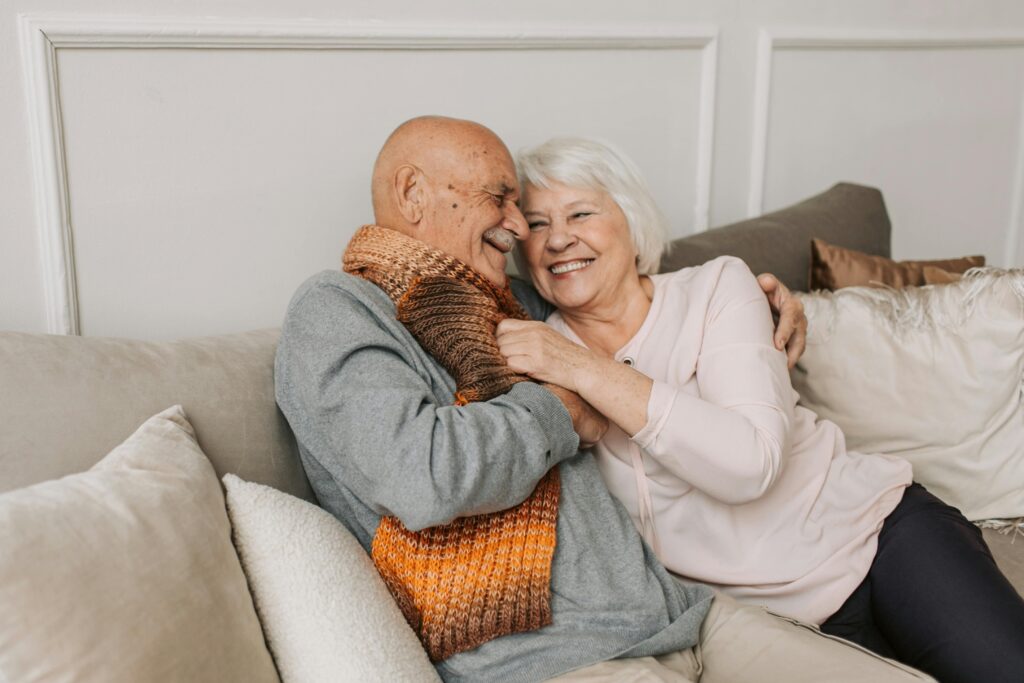
For many older adults, the decision to stay home isn’t just emotional it’s practical. Day-to-day tasks that were once simple become logistically harder, more expensive, and less rewarding. And when the modern world offers convenient alternatives that minimize stress and physical effort, staying in starts to feel not only easier, but smarter. Sometimes, it’s not that people don’t want to go out it’s that the cost, complexity, and chaos of leaving home no longer makes sense.
1. Transportation Challenges Limit Mobility
Driving becomes more dangerous with age due to slower reflexes, vision changes, or cognitive decline. And public transportation isn’t always accessible or comfortable. Without reliable transit or someone to help, staying home becomes the only feasible option.
2. Parking Becomes a Hassle
Circling for a spot, navigating tight spaces, or dealing with parking meters can be infuriating. What used to be a minor inconvenience now feels like a deterrent. The driveway, by contrast, is stress-free and always available.
3. Cost Concerns Discourage Going Out
A simple meal out or trip to the store can quickly turn into a financial burden. For the 47 million older adults facing economic insecurity (per the National Council on Aging), every dollar matters. Staying home saves money on gas, tipping, tickets, and more.
4. Errands Are Now Online
Groceries, prescriptions, clothes, and even doctor appointments can all be managed from a screen. The rise of home delivery and telehealth means fewer reasons to leave the house and far more convenience at your fingertips.
5. Public Bathrooms Don’t Compare to Home
It may sound trivial, but comfort and cleanliness matter. At home, the bathroom is familiar, stocked, and private. No lines. No mystery substances. No jet-engine hand dryers. It’s one less anxiety to manage.
6. Unpredictable Weather Is No Longer a Factor
Rain, extreme heat, wind, or sudden cold snaps are no longer threats when your plans involve staying cozy indoors. No umbrella needed, no slipping on sidewalks just comfort on demand.
7. The Noise Outside Is Too Much
From traffic and construction to crowded restaurants and loud music, the outside world can be overstimulating. Home allows for silence or sound on your own terms.
Changing Priorities and Worldview
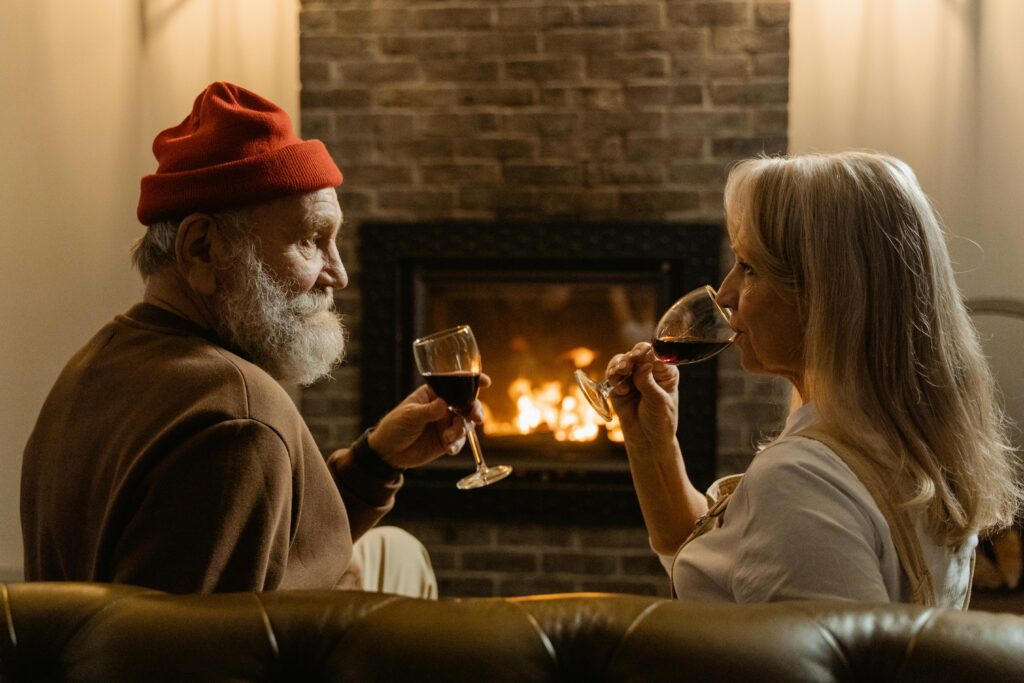
As we age, our definition of fulfillment quietly transforms. What once felt exciting new places, new people, new experiences may now feel unnecessary, or even exhausting. Priorities shift inward. Simplicity, stillness, and deeper meaning begin to replace the need for novelty. It’s not a withdrawal from life, but a redirection. Life becomes less about chasing what’s out there and more about appreciating what’s already here.
1. They Stop Feeling FOMO (Fear of Missing Out)
In youth, missing an event could feel like missing life itself. But as people age, that urgency fades. They no longer worry about what others are doing because they’ve found contentment in where they are. Presence replaces pressure.
2. Routines Become Sacred
There’s a quiet power in routine. Morning coffee in a favorite mug, an afternoon walk to the same window, evening rituals that signal peace. These patterns create safety and rhythm so much so that disrupting them can feel intrusive, even unnecessary.
3. News and Current Events Lose Their Grip
Politics, scandals, and headlines once sparked passion. Now, they feel distant. Many older adults turn their attention inward or toward what they can control, rather than engaging in the 24/7 noise of the outside world.
4. Nostalgia Replaces Novelty
The past becomes a soft, familiar place to revisit. Old songs, memories, and stories take on new richness. It’s not about living in the past it’s about finding joy in the chapters already written.
5. Dressing Up Feels More Like a Chore Than a Joy
Gone are the days of ironing, matching socks, and dressing to impress. At home, there’s freedom in wearing what feels good, not what looks good. Comfort takes priority over convention.
6. Joy Is Found in Smaller, Slower Adventures
What once needed travel, noise, and adrenaline now comes from a new recipe, a blooming plant, or a freshly organized shelf. It’s not that curiosity dies it just looks different. Simpler. Closer. Quieter.
Technology Makes It Easy to Stay In
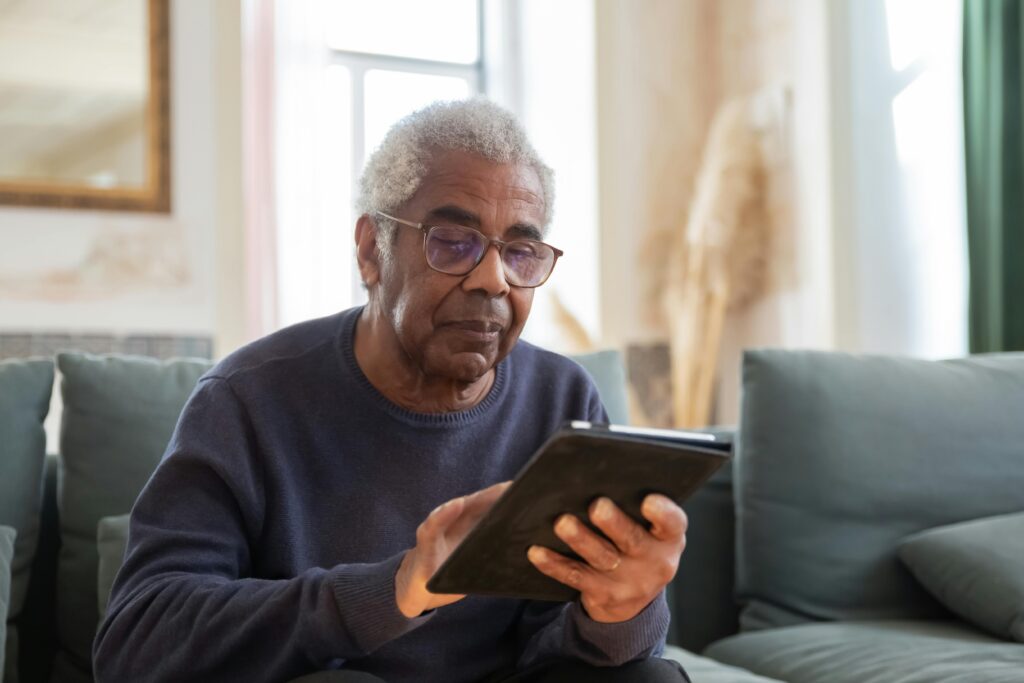
The digital age hasn’t just changed how we communicate it’s redefined what it means to be present in the world. For older adults, technology isn’t just a tool; it’s a bridge connecting them to services, people, and entertainment without ever needing to step outside. What once required errands, travel, and effort now arrives through a screen or a doorbell. The appeal of staying in isn’t just emotional it’s logistical. When the world comes to you, why go to it?
Streaming Replaces Socializing and Entertainment
Movie nights, concerts, and even Broadway shows are now just a few clicks away. Entire weekends can be spent in curated streaming queues, offering more choice and less hassle than going out ever could.
Social Media Keeps Them Connected
From birthday wishes to grandkid updates, older adults can stay in the loop through Facebook, WhatsApp, or group texts. Connection is no longer dependent on physical presence it’s available anytime, without small talk or travel.
Technology Brings the World Inside
Need to pay bills? There’s an app. Want groceries, prescriptions, or takeout? It can be delivered. Curious about a new hobby? YouTube’s got you covered. For many, technology doesn’t isolate it liberates, making home the most efficient and empowering place to be.
The Wisdom of Choosing Peace
What if the quiet pull toward home isn’t about isolation but alignment?
For much of life, we’re taught to chase success, experiences, connections, even restlessness. But at some point, the chase slows. Not because we’ve lost something, but because we’ve found something. Comfort. Clarity. Control.
Choosing to stay home more often doesn’t mean giving up on life it may mean redefining it. It’s not a retreat, but a re-centering. A declaration that peace is no longer a place to visit on weekends, but a place to live.
And maybe, just maybe, the world inside full of memories, warmth, soft lights, and familiar rhythms is more expansive than we ever realized.
So if you find yourself saying “no thanks” to another crowded dinner, another long drive, or another night out, you’re not fading. You’re focusing.
You’re not missing out. You’re finally choosing in.
Loading...

